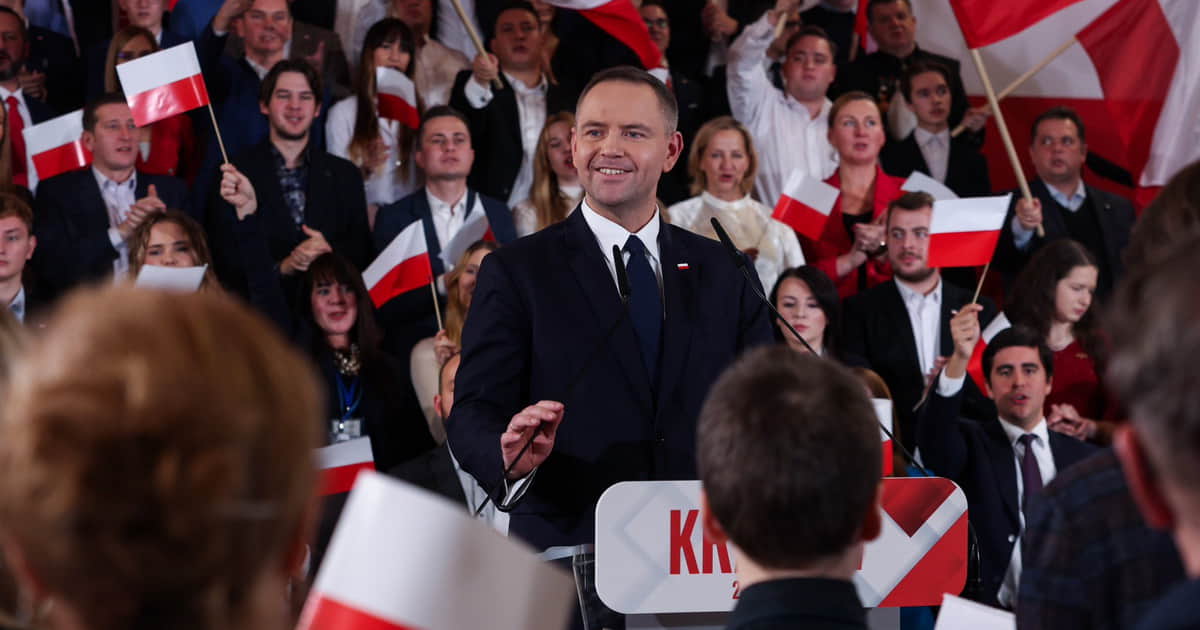Who are Poland's main parties nominating for President, and why could it pose threat to Ukraine?

It it about six months to go until Poland's presidential elections, that are set to be held in May 2025 (although the exact date is yet to be announced), but leading political forces have chosen their candidates. The selection by Prime Minister Donald Tusk's Civic Coalition was predictable - Warsaw's incumbent mayor, Rafal Trzaskowski. However, the choice of the opposition party Law and Justice (PiS) poses a clear challenge to Ukraine.
Read more to know what to expect from this presidential campaign in Poland and how it might influence Kyiv-Warsaw relations in the article by Yurii Panchenko, a European Pravda editor - Tusk's rival or a challenge for Ukraine: What we know about Poland's key presidential candidates. The Civic Coalition was the first to announce its candidate on Saturday, 23 November, nominating Rafal Trzaskowski. This was hardly surprising, as Trzaskowski, a prominent figure, is widely seen as a positive choice for Ukraine. Advertisement:
In contrast, PiS has opted for a candidate less favourable for Ukrainian-Polish relations. The party decided to nominate someone not associated with the outgoing government, following the "new Duda" strategy. In 2015, Andrzej Duda, then a little-known lawyer from Krakow with a clean record, unexpectedly defeated the incumbent president, Bronislaw Komorowski, paving the way for PiS to regain power.
The only candidate fitting this "new Duda" criterion is Karol Nawrocki, the head of the Institute of National Remembrance. While not a PiS member or formally connected to the previous government, Nawrocki's appointment to his current role required consolidating votes across right-wing senators, as PiS lacked a majority in the Senate at the time. Unlike typical party conventions, Nawrocki's nomination occurred at a public forum, with PiS merely participating and supporting his candidacy.
This strategy allows him to present himself as an independent candidate, potentially broadening his appeal in a second-round vote. Despite being relatively unknown to the general public, Nawrocki is a prominent figure in Polish-Ukrainian relations - and not in a positive way. As head of the Institute of National Remembrance, he has consistently claimed there are no "dark spots" in modern Polish history, dismissing dissenting historians.
Furthermore, he has placed sole blame for historical Polish-Ukrainian tensions on Ukrainians, accusing them of genocide against Poles. While Nawrocki's victory wouldn't irreparably damage Polish-Ukrainian relations, it would strain them further. Conversely, Trzaskowski's win wouldn't resolve longstanding historical disputes between Kyiv and Warsaw.
Currently, Trzaskowski is the frontrunner, with a recent poll showing that in a second-round matchup against Nawrocki, the Civic Coalition candidate would secure 50% of the vote, compared to 24% for PiS's nominee. However, the race is far from over. PiS is betting on public dissatisfaction with economic issues, partly exacerbated by the war in Ukraine, to weaken Trzaskowski's position.
Additionally, Nawrocki could benefit from the potential return of Donald Trump to the White House, given PiS's alignment with his policies.
If you notice an error, select the required text and press Ctrl + Enter to report it to the editors.